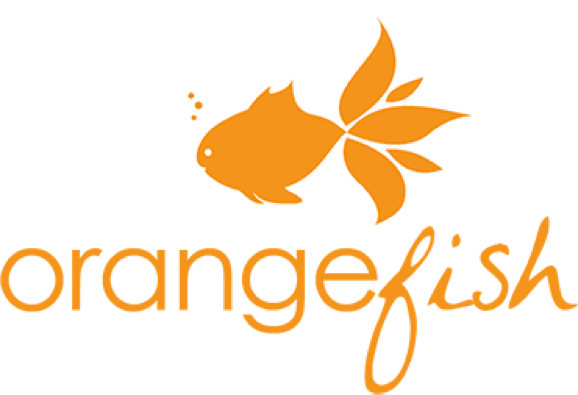Selling online has never been easier, faster, or more scalable. Forrester Research has predicted eCommerce will bring in 10% of retail sales by 2019, with the average consumer spending $1210 online.
Magnet Export Business Portal and BizLaunch brought together a panel of entrepreneurs and business service providers to share their experiences and advice on growing an online business. The following are some tips shared by panelist Janet Lewis, founder and owner of Orangefish, a Canadian-based online retailer which has featured over 10,000 products focusing on items you can’t find anywhere else. More than half of the products are made in Canada.

“One of the biggest mistakes I made when I first started my business was trying to be everything to everyone,” says Lewis. “Narrow your niche and really define what it is that you want to do.”
Lewis started her company with the idea to market and sell the products of Canadian designers and artists, leaving more time for the artists to create. Her customers “work hard (as in work out hard), play hard and have fun.”
“Processes for starting an online business are much easier now,” Lewis says. In 2006 when she started her company, e-commerce was just emerging, payment systems were still evolving, shipping within and outside Canada was hard to navigate and most importantly, consumers lacked trust to purchase and share their financial information online. “Fast forward to 2018, these challenges have been removed. Accessing knowledge and resources is more affordable and companies such as Shopify provide a more templated and out-of-the-box solution and you can be up and running really quickly including having payments processed through Shopify or Paypal.”
In discussing expanding internationally, Lewis says, “the reward of shipping internationally is that it opens up your market. There are many more opportunities for people to love what you do, and social media has really made selling internationally a possibility from a marketing standpoint.”
Going into detail, she cites four reasons why and how she is selling to U.S. and European customers:
- The Canadian market is small compared to the U.S. and we wanted to explore other regions as well.
- We have streamlined all of our processes, so we can take on more orders and markets.
- Important to expand beyond Canada in order to grow and there are strong partners we can work with so we aren’t doing this alone. They can help us.
- Finally, Canada has a good brand so ‘made in Canada’ has become a strong trend.
Lewis explored branding and marketing further and advises that while marketing is one of the more interesting business activities, it is also one of “the biggest challenges – to stand out from everyone else.” She recommends that you “find your perfect customer and then follow them to discover where you can find more people like them.”
Lewis uses social media, which is a great source for finding the right customer. She also only focuses on social media platforms “where our customers are.” And, remember to tailor your messages to the platform you are using. “Facebook posts look and read differently than what is posted on LinkedIn, for example.” Lewis also says that email marketing is still the number one tool for marketing her business.
Her final piece of advice is to “know your strengths and outsource the ones you are not good at. If you aren’t good at relationships, a salesperson or connector can get you to the next level. If you don’t know someone on social media, hire a professional. Finding great partners to work with will save you a ton of time in the long run as well. We made the mistake at the beginning of trying to do everything ourselves. Find strong partners and get some help.”
Finding help is sound advice but knowing where to start and finding the time to source opportunities can be daunting.
The Magnet Export Business Portal can help.
Magnet Export Business Portal was developed to respond to challenges faced by SMEs trying to access trade opportunities, funding opportunities, information about inbound and outbound trade missions to connect to other businesses and general growth resources. The web-based platform helps businesses maximize international market potential by helping connect exporters with the tools and relevant export resources, funding and information they need to grow their business.
Project Manager at Magnet, Devon Franklin explains how businesses that sign up can benefit from using the free resource, “we are able to push customized communications to businesses about the type of trade programs that they are eligible for based on their company profile and growth goals that they identify when they initially sign up and build a profile. We ask the right amount of the company’s information to create a profile and we make sure that they are receiving information about potential financing, business resources, trade events and more than they are specifically eligible for and we do not share your information. It is private and confidential.”
Want more?
- For more information and advice from other panelists, check out the Global Growth webinar.
- Considering taking your company global? Here are more tips.
- Click here to join the Magnet Export Business Portal


